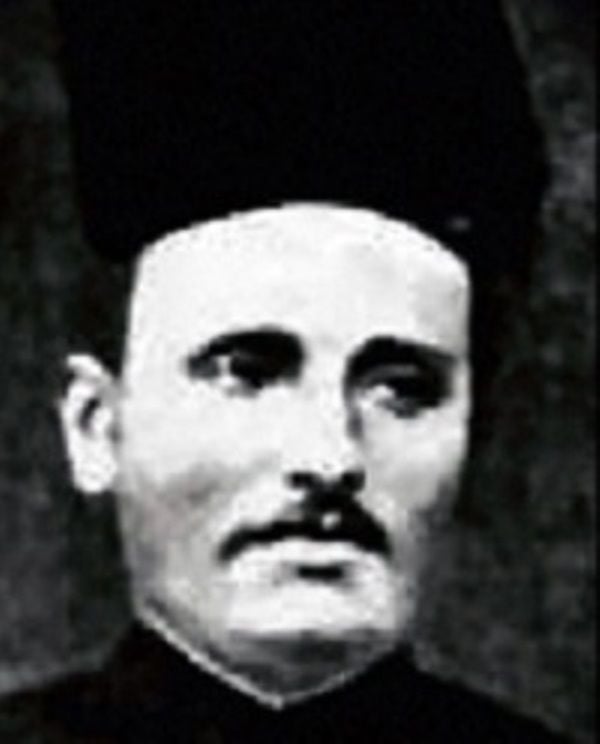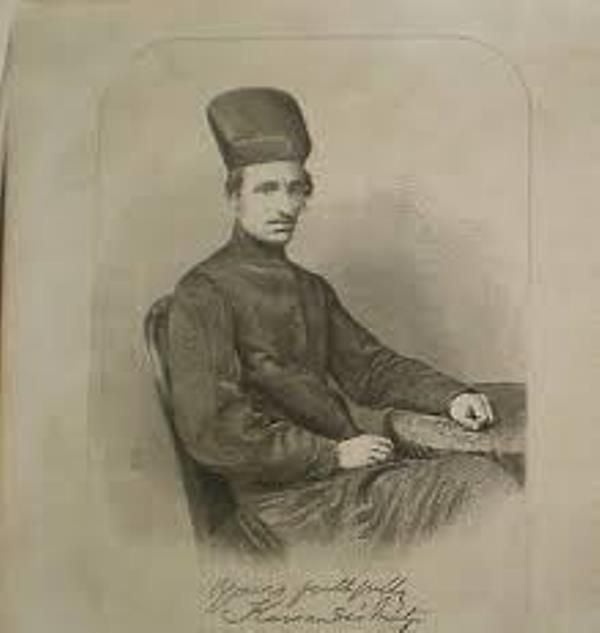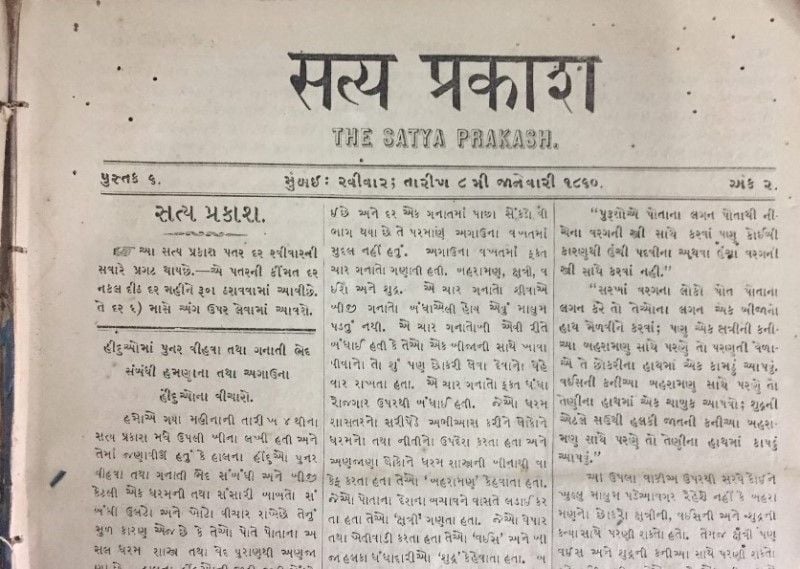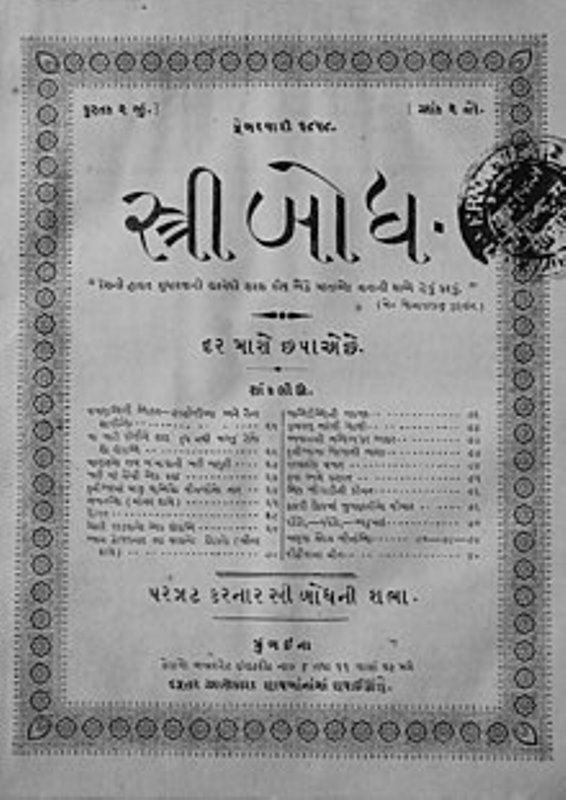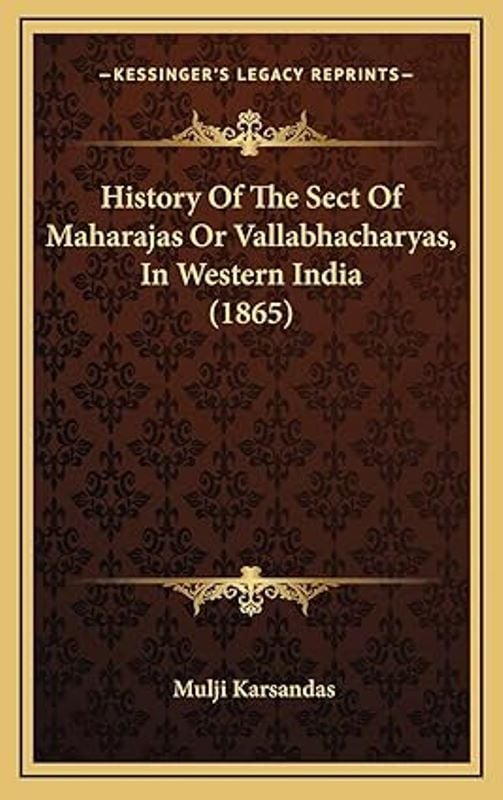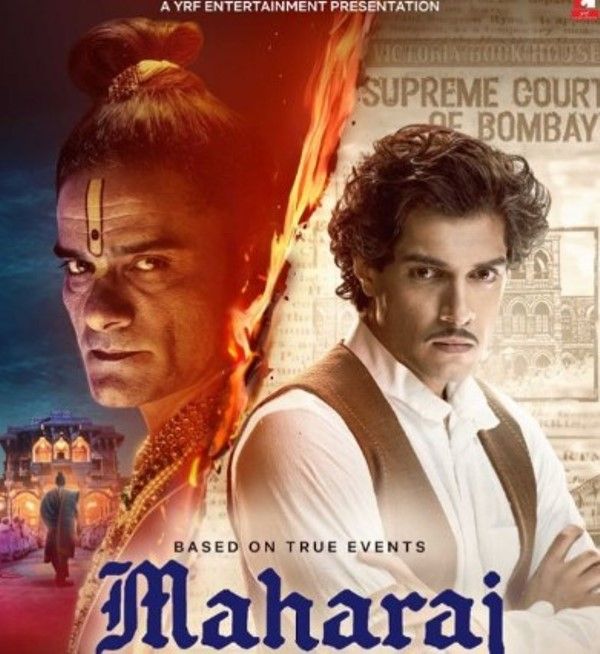Karsandas Mulji Age, Death, Biography
Quick Info→
Hometown: Bhavnagar, Gujarat
Religion: Hinduism
Marital Status: Married
| Bio/Wiki | |
|---|---|
| Profession(s) | Journalist, Writer, Social Reformer |
| Famous for | Winning Maharaj Libel Case in 1862 |
| Personal Life | |
| Date of Birth | 25 July 1832 (Wednesday) |
| Birthplace | Moti Vadal village, district Bhavnagar, Gujarat, India (then British India) |
| Date of Death | According to Source 1 - 28 August 1871 According to Source 2 - Year, 1875 |
| Place of Death | Kathiawar, Gujarat |
| Age (at the time of death) | According to Source 1- 39 Years According to Source 2- 43 Years |
| Zodiac sign | Leo |
| Nationality | British Indian |
| Hometown | Bhavnagar, Gujarat |
| College/University | Elphinstone Institute School in Bombay (now Elphinstone College, Mumbai) |
| Educational Qualification | College drop out |
| Religion | Hinduism |
| Caste | Kapol Caste (a trading caste of western India) |
| Controversies | The Maharaj Libel Case 1862 On 21 October 1860, he published an article titled 'Hinduo No Asli Dharam Ane Atyar Na Pakhandi Mato' (The Primitive Religion of the Hindus and the Present Heterodox Opinions) in which he criticised Vaishnava Acharyas (Hindu religious leaders). In the article, he accused the religious leaders of sexual misconduct with women devotees and also called their scriptures immoral. After the publication of the article, a leader of Pushtimarg Vaishnavism named Jadunath Maharaj alleged Mulji of defaming religious heads and filed a lawsuit worth Rs 50,000 against him and Nanabhai Rustomji Ranina in the Bombay Supreme Court on 14 May 1861. The case was commenced on 25 January 1862 and the trial was held in the Supreme Court before the Chief Justice Mathew Sausse and Joseph Arnould. After examining thirty-one witnesses for the plaintiff and thirty-three witnesses for the defendants, the judgement was given in favour of Karsandas Mulji on 22 April 1862. The chief Judge Joseph Arnould commended Mulji for his determination to fight against a powerful and corrupt leader and exposing the evil practices of the religious priests. He said, "a public journalist is a public teacher: the true function of the press, that by virtue of which it has rightly grown to be one of the great powers of the modern world—is the function of teaching, elevating and enlightening those who fall within the range of its influence." The court had also asked the plaintiff to pay Rs. 11,500 to Karsandas, who had to bear a cost of Rs 13,000 during the trial. The case was called the “greatest trial of modern times since the trial of Warren Hastings”. Bhatia Conspiracy Case After filing the defaming case against Mulji, Jadunath Maharaj got feared if any of Mulji's disciples from Bhatia community testified in court. He pronounced among the whole Bhatia community of Bombay that anyone who testified against him would be excommunicated from the community. When Mulji came to know about it, he filed Bhatia Conspiracy Case against nine Bhatia leaders. The case was ruled by Justice Joseph Arnould and he fined two leading Bhatias Rs 1,000 each and seven other defendants Rs 500 each. Whereas, Karsandas Mulji was awarded Rs 1,000 as case costs for winning the case. |
| Relationships & More | |
| Marital Status (at the time of death) | Married |
Some Lesser Known Facts About Karsandas Mulji
- Karsandas Mulji belonged to an orthodox Pushtimarg merchant family, who were highly respected in Bombay.
- His mother died when he was a child. He was later looked after by one of his elderly aunt.
- He once wrote an essay on widow remarriage for a literary competition. When his family came to know about it, they disowned him from the family.
- He, then, started working at a charitable school founded by Sheth Gokuldas Tejpal. He secured that job through a scholarship, which he earned after passing an examination.
- While studying in college, he was a member of the Gujarati Gyan Prasarak Mandali (Gujarati Society for the Spread of Knowledge), which was founded by the Students’ Society of Elphinstone College.
- He had to drop out of college after he was disowned by his family.
- Prominent Gujarati poet Narmadashankar Lalshankar Dave (popular as Narmad) and educationist Mahipatram Rupram Nilkanth were his classmates in college.
- In 1851, he started working as a journalist for the Anglo-Gujarati newspaper Rast Goftar.
- He got recognition as a reformer for the first time in 1853, after he published an essay advocating foreign travel. It was read in front of Buddhi Vardhak Hindu Sabha.
- In 1855, he launched a Gujarati language weekly newspaper named ‘Satyaprakash’ with an intention of social reform. The weekly was ran till 1861 and later got merged with Rast Goftar.
- In 1857, he co-founded a women’s magazine named ‘Stribodh.’ He also published a weekly called ‘Mumbainu Bajar’ (the Bombay Market).
- Mulji had often discussed the social issues like female education, excessive spending on grand marriages, indecent songs sung during marriages, and the funeral ritual of chest beating in his articles.
- His article, ‘Gulamikhat’ (Letter of slavery), is one of his most notable articles from the weekly Satyaprakash. In the article, he criticized the sign campaign and law-making process of the Vaishnavas. He opposed the rule that Maharaj (religious heads) should not have to visit the court because of their religious status.
- Following the publication of the article, many religious heads tried to bribe him, but he refused. Later, he wrote the articles ‘Maharajo ne vinanti’ (Request to Maharaj) and ‘Dharmguruo ni satta’ (Power of religious leaders) in which he expressed his anger towards Vaishnava religious heads.
- Later, Vaishnava religious heads started publishing a pamphlet titled “Swadharmvardhak ane Sanshaychedak” (Increasing one’s own faith and countering doubts) in which they called Mulji and other social reformers greedy, atheists, and idiots.
- In response of it, Mulji took to his weekly to accuse the religious heads of being frauds. Later, the Vaishnava religious head Jadunath Maharaj wrote an article in ‘Chabuk,’ to which Mulji responded with another article titled ‘Hinduo No Asli Dharam Ane Atyar Na Pakhandi Mato’ which led to the Maharaj Libel Case in 1862.
- In 1863, he went on to travel foreign countries with Ramchandra Balkrishna Jaykar, founder of the Paramahamsa Sabha.
- Mulji was often criticized by his caste leaders for his staunch reformist perspective. They also tried to banish him from his Kapol Vaniya caste, but failed to do so.
- He once visited England for a business in connection with the cotton trade, but it went unsuccessful.
- After winning the Maharaj libel case in 1862, he earned several titles such as ‘a Reformer,’ ‘a Martin Luther of the Banian Cast,’ and ‘Indian Luther.’
- Reportedly, he was appointed to administer a native state in Kathiawar, Gujarat in 1874.
- He had also worked as an assistant superintendent of Rajkot state. During his tenure there, he published a monthly journal titled ‘Vignanvilas,’ where he wrote on the topics related to science and industry.
- He wrote several books including “History of the Sect of Maharajas or Vallabhacharyas, in Western India” (1865) and “Travels in England” (1866).
- After his death, the Bombay University constituted the Karsandas Mulji prize for the best student essay in his memory.
- He was often mocked for wearing trousers which was a typical instance of Macaulay man.
- In 1877, Mahipatram Rupram Nilkanth wrote his biography in Gujarati language titled “Uttam Kapol Karsandas Mulji Charitra.” The introductory section of the book was written in English language.
- In 1935, a critical biography of Karsandas Mulji was written by B. N. Motiwala which titled ‘Karsandas Mulji: A Biographical Study.’
- In 2024, a film named ‘Maharaj’ was announced, based on the Maharaj Libel Case in 1862. In the film, his character was portrayed by Aamir Khan‘s son Junaid Khan.

